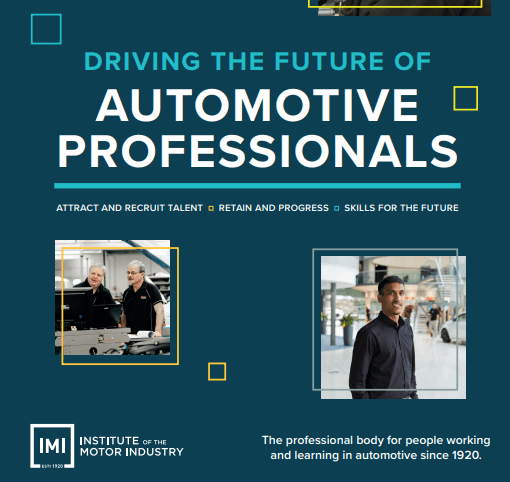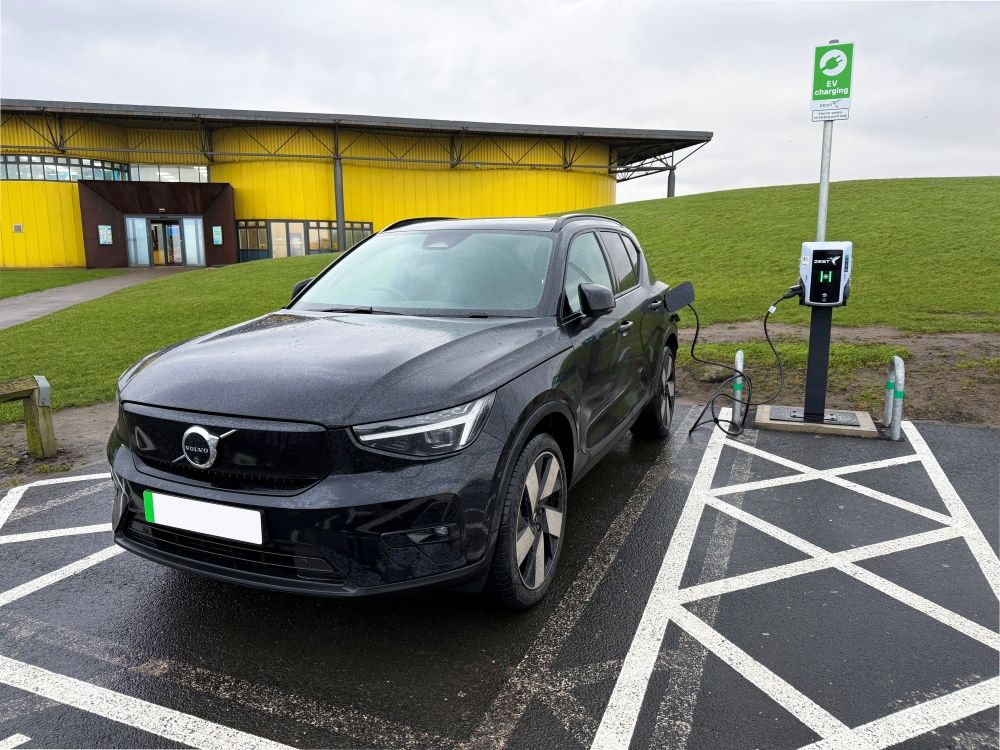Underlining its “commitment to tackling the UK’s automotive skills crisis”, the Institute of the Motor Industry (IMI) has launched its new manifesto.
The manifesto, called ‘Driving the Future of Automotive Professionals’, sets out “clear, actionable steps” to attract new talent into the sector, create defined career pathways, support the upskilling of the existing workforce, and ensure the industry is equipped with the skills it needs for the future, it said.
The UK automotive sector employs 866,000 individuals and contributing £37 billion in Gross Value Added (GVA) in 2023. Globally, it is considered a leader in innovation and sustainability.
It identified that there could be a need to replace 144,000 (19%) of the current workforce due to retirement by 2032, which coupled with 17,000 current vacancies, could “severely impact the sector’s ability to be future-ready”, the IMI said.
The manifesto outlines three key commitments to address the core sector challenges: attract and recruit talent, retain and progress talent, and skills for the future.
The IMI said “collaboration is key to ensure the automotive sector remains a leader on the global stage”, securing jobs for tomorrow and “strengthening the economy for years to come”.
In particular, the manifesto calls for employers, policymakers and educational systems to work with the professional body to support the achievement of systemic reform.
It also includes the IMI continuing to call on the government to recognise the automotive sector as a key pillar in its industrial growth strategy and to reflect this in R&D, regulatory reform, and export strategies, and to deliver their pre-election promise of a dedicated Automotive Strategy.
Hayley Pells, Policy Lead at the IMI said:
“This is a crucial moment for the automotive sector. If we’re going to keep pace with change and remain competitive, we must act now to close the skills gap.
“Our ‘Driving Automotive Forward’ manifesto sets out how we can bring in new talent, support the current workforce, and prepare for tomorrow’s technology. We’re calling on employers, policymakers, and educators to work with us to make this happen – together we can build a thriving, future-ready industry.”












